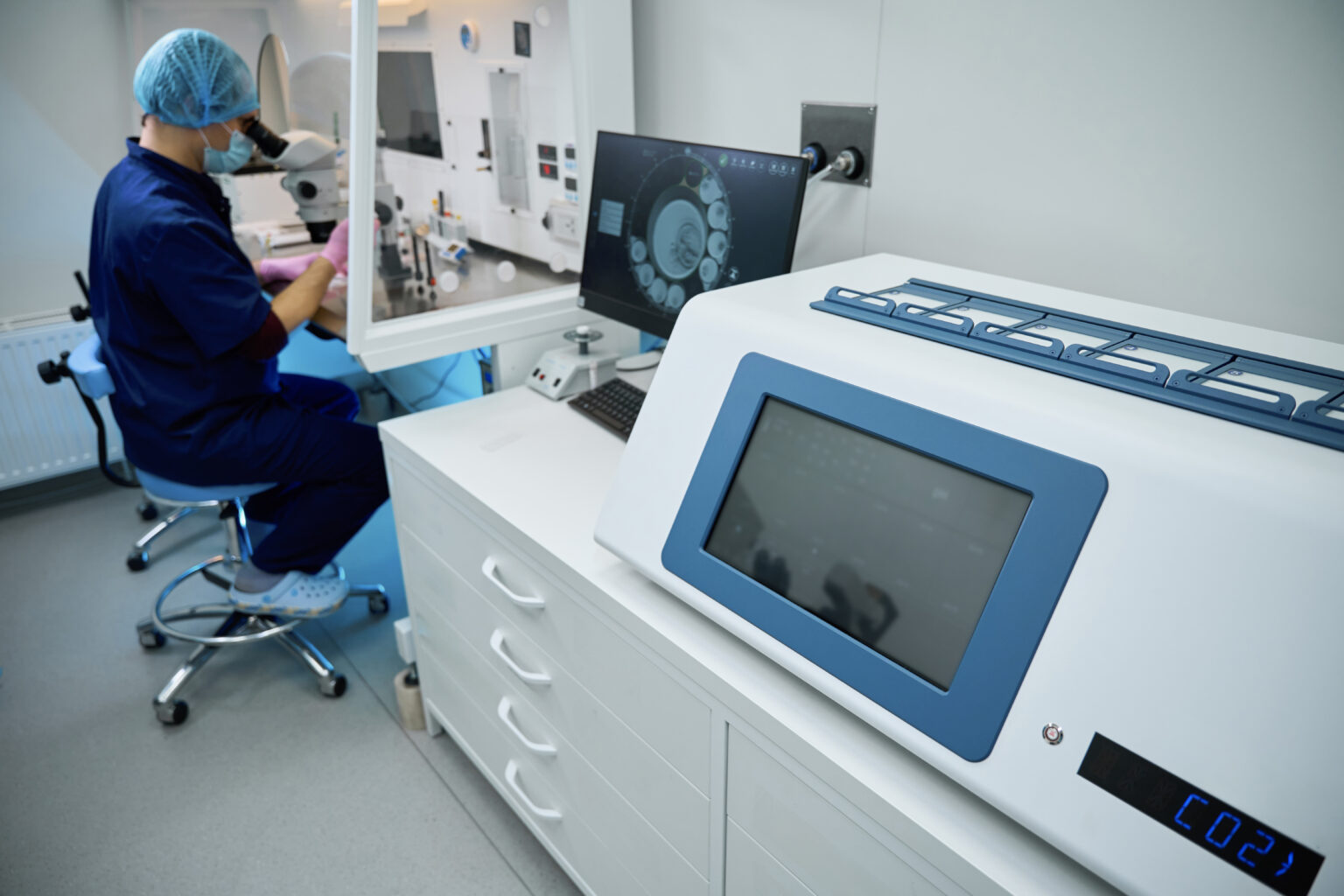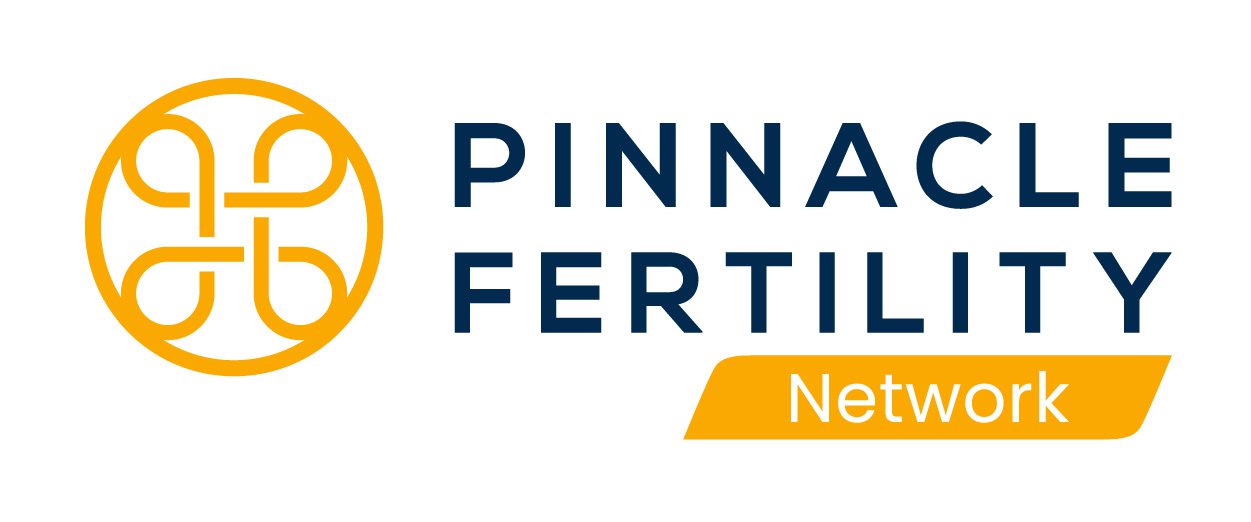Giving More Options with Egg Freezing
Preserving your fertility is a deeply personal decision—and one that gives you more options, flexibility, and peace of mind for the future. Whether you’re focusing on your career, managing a medical diagnosis, or simply not ready to start a family yet, egg freezing can help you take control of your reproductive timeline.

Is Egg Freezing Right for You?
If you’re thinking about becoming a parent someday—but not just yet—egg freezing may be a powerful step toward protecting your future. This option gives you the freedom to build your family when the time feels right for you. Here are just a few reasons why others have chosen this path:

Career-Focused Professional

Navigating Medical Challenges

Single and Hopeful for Parenthood
What to Expect In the Egg Freezing Process
This is your journey—and we’re here to make it feel as clear, safe, and supportive as possible. From the first consultation to the day your eggs are frozen, our team is by your side. Here’s what what you can expect.

Initial Consultation
You’ll meet with a fertility specialist to talk about your goals, ask questions, and learn what egg freezing could look like for you. This includes reviewing your health history and doing simple fertility tests like hormone panels and an ultrasound.

Ovarian Stimulation
For 10–14 days, you’ll take hormone injections to encourage your ovaries to produce multiple eggs instead of just one. During this time, you’ll come in for quick blood tests and ultrasounds to check how things are progressing and make sure your body’s responding well.

Trigger Shot
Once your eggs are mature, you’ll take a final “trigger” shot to prepare them for retrieval. This helps time the next step just right.

Egg Retrieval
This is a quick, outpatient procedure done under anesthesia—most people say it’s over before they know it. Using ultrasound guidance, your doctor gently collects the mature eggs using a thin needle. You’ll rest afterward, and most people are back to normal activities the next day.

Cryopreservation (Freezing)
Your eggs are assessed for quality, then frozen using a flash-freezing method called vitrification, which preserves their integrity for years to come.

Storage
Your frozen eggs are stored securely in our specialized cryopreservation facility until you’re ready to use them. You’re in control of when—or whether—you move forward with fertilization and embryo transfer.
Book Your Appointment Today
Schedule Your ConsultationEgg Freezing vs. Embryo Freezing
Egg freezing preserves unfertilized eggs for future use, offering flexibility for those not ready to conceive. Embryo freezing involves fertilizing eggs with sperm before freezing, often chosen by couples planning for future family-building. Both options provide tailored paths to parenthood.
Egg freezing and embryo freezing have similar success rates in terms of survival after thawing. However, embryo freezing typically results in higher success rates for pregnancy and live births because the embryos have already been fertilized, and their quality can be assessed before freezing.

Common Egg Freezing FAQs
The recommended number varies by age. Generally, 10-20 eggs per intended pregnancy is suggested, as not all eggs will survive thawing, fertilization, and implantation.
Egg freezing increases the chances of having a biological child later, but it does not guarantee pregnancy. Success depends on the age at freezing, the number of eggs stored, and overall reproductive health.
Eggs can remain frozen indefinitely without losing quality, thanks to advanced vitrification techniques. Successful pregnancies have been achieved from eggs frozen for over a decade.
The procedure is performed under light sedation, so there is minimal discomfort. Some women may experience mild cramping or bloating afterward, which typically resolves within a few days.
Egg freezing is a low-risk procedure, but potential side effects include bloating, mild discomfort, and, in rare cases, ovarian hyperstimulation syndrome (OHSS), which can cause swelling and fluid retention.
When ready, the eggs are thawed, fertilized with sperm through IVF, and transferred to the uterus for implantation. The process is similar to a traditional IVF cycle.
The cost of egg freezing can vary depending on the specific services included. For a detailed breakdown of pricing and financing options, visit our Egg Freezing Cost page to learn more about what’s included and how we make this empowering choice accessible for you.





